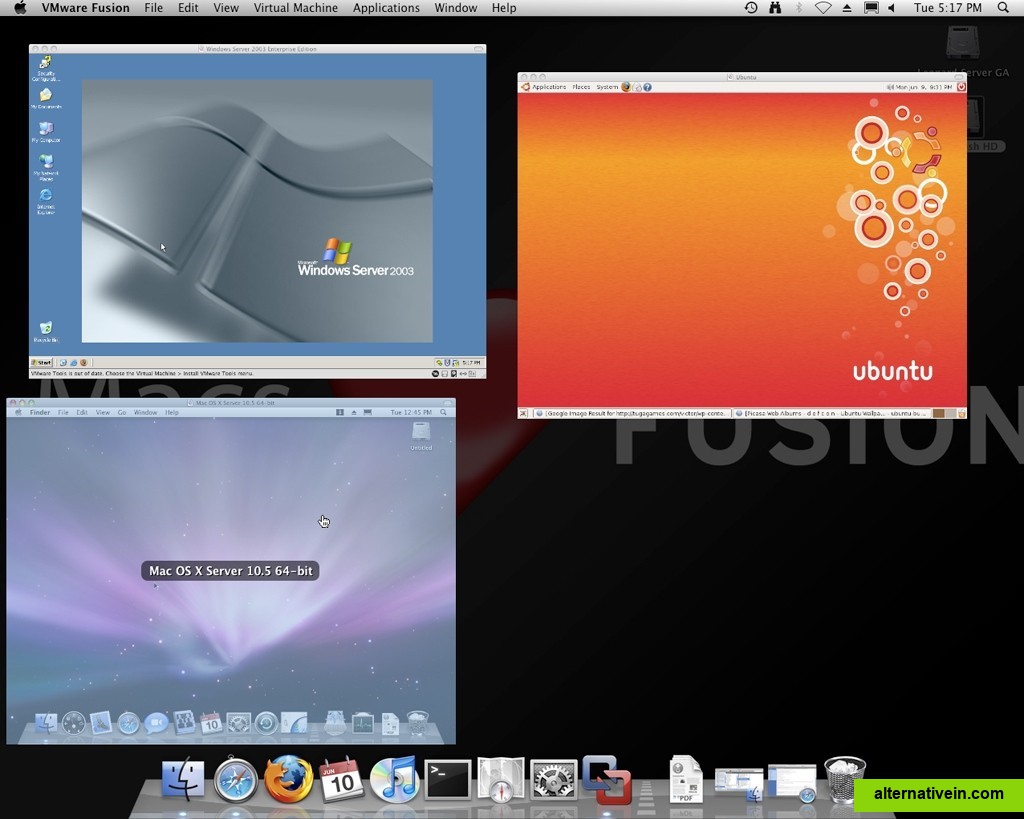- Vmware Fusion Vs Virtualbox
- Vmware Fusion Virtualbox Comparison
- Vmware Fusion Vs Virtualbox Performance
- Vmware Fusion To Virtualbox Migration

Both VMware Fusion and VirtualBox are virtualization software products that can be used to run Windows on any compatible computer running Mac OS X. The differences between then can be found in the details. VirtualBox is a virtualization solution for x86 computers that is. VirtualBox Comparison. VMware’s Workstation offers a wide array of features for desktop virtualization, with slight variations between the “Player” and “Pro” editions — namely, that you can’t run multiple VMs at the same time, create encrypted VMs, or share VMs as servers.
What is VMware?
Simply put, VMware (link resides outside IBM) develops virtualization software.
Virtualization software creates an abstraction layer over computer hardware that allows the hardware elements of a single computer— processors, memory, storage, and more— to be divided into multiple virtual computers, commonly called virtual machines (VMs). Each virtual machine runs its own operating system (OS) and behaves like an independent computer, even though it is running on a portion of the actual underlying computer hardware.
As you can imagine, virtualization enables more efficient utilization of computer hardware and enables a greater return on an organization’s hardware investment. It also enables cloud providers— public or private— to serve more users with their existing physical computer hardware.
VMware’s virtualization products are now a crucial part of many enterprises' IT infrastructures.
Vmware Fusion Vs Virtualbox
For a visual presentation of the concept of virtualization, see our video “Virtualization Explained” (05:20):
Supported Provisioners
- Virtualbox
- A licensed copy of VMware Fusion
- The VMWare Desktop Vagrant plugin is $79 and is required to use Vagrant with VMware.
- Install it with
vagrant plugin install vagrant-vmware-desktop. - License it with
vagrant plugin license vagrant-vmware-desktop <path_to_.lic>. - Additionally, the Vagrant VMware Utility must also be installed
If you have both Virtualbox and VMware installed, consider disabling the network adapters for the provider that you are not using. For example, if you want to build DetectionLab using Virtualbox, disable the VMware network adatpers (or vice-versa) to avoid a conflict.

Instructions
- Ensure the prerequisites listed above are installed and that you meet the system requirements
- Clone the DetectionLab repo to your filesystem:
git clone https://github.com/clong/DetectionLab.git - Using a terminal, navigate to the DetectionLab/Vagrant repository and run ./prepare.sh to verify that your system has all of the prerequisites installed:
Vmware Fusion Virtualbox Comparison
At this point in time, we can bring up DetectionLab using the vagrant up --provider=<provider> command. The provider options are virtualbox or vmware_desktop.
You shouldn’t need to sudo any of the vagrant commands. Doing so can cause permission issues down the road.
When we run Vagrant up, here’s what happens:
- Vagrant will bring up one host at a time, starting with logger and followed by dc, wef, and win10.
- Three boxes will be downloaded from Vagrant cloud:
- Each box will go through provisioning, which configures the host and installs software.
After running vagrant up --provider=vmware_desktop or vagrant up --provider=virtualbox, you should see something like this:
If all goes well, this process should continue for 1-2 hours depending on your computer and network speed. The boxes are very large, but only need to be downloaded once.
After the provisioning finishes, you can run .post_build_checks.sh to verify that services are running:
If for some reason you encounter an error or any issues, checkout the troubleshooting page linked below. If you can’t find an answer to your question, please open an issue on the DetectionLab GitHub!
Vmware Fusion Vs Virtualbox Performance
Troubleshooting
Vmware Fusion To Virtualbox Migration
Visit the troubleshooting page.
